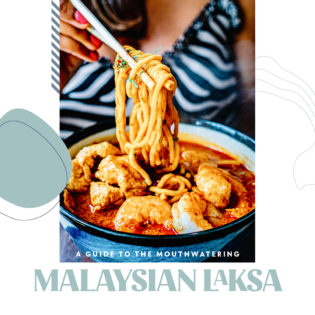Masala Wheels serves up biryani, with a dash of hope
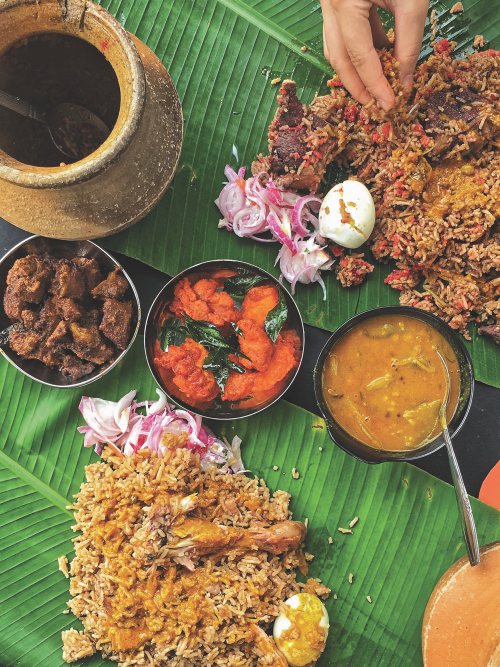
It all started with a wish to help his brother’s close friend.
Four years ago, in 2015, Kuhan Pathy’s brother asked him to find a way to help this friend who was from a vulnerable background and had a few brushes with violent gangs. At that time, the food truck craze was at its peak. It struck the entrepreneurial Kuhan that this could be a good way for this friend to make a fresh start – by operating a food truck offering Indian cuisine.
He and three other friends pooled together RM15,000 to buy a used truck on an online platform. It was a distinctively uncool truck used by night market hawkers, a far cry from the fashionable food trucks with their bright colours and twinkling lights. “But we didn’t have much money, so we had to start with what we had,” said Kuhan, 30.
The truck’s first foray was into Kuala Lumpur’s Brickfields neighbourhood, laden with 100 packets of biryani rice and curry dishes, each selling for RM5. In theory, it was the ideal location with high foot traffic and the right demographic. But they sold just five packets of rice that first day.
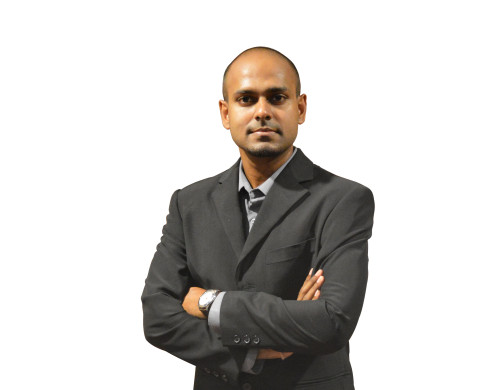
They quickly learned it was not enough to merely turn up with food for sale. They needed to earn the trust of the customer. They needed a brand. Digital media provided the avenue to get their message out. It took a while but gradually, Masala Wheels became known as the orange truck that provided good food with a good heart.
By day, it sold tasty Indian food. By night, with its profits, it provided free meals for the urban poor. Soon, youths began turning up looking for a job. Initially, they were friends of the young man who was running the food truck to get away from gangs. Some were also brought by their parents. These were youths with limited education and troubled backgrounds, at risk of being lured into a life of crime or drugs.
Masala Wheels took them on board. It put them through a short training course to give them a taste of the food business and to learn discipline and life skills. Some didn’t enjoy this and dropped out. But some became permanent employees. Today, almost all the 15 staff of Masala Wheels are formerly youths at risk.
As sales picked up, the orange truck moved to a more profitable location in the heart of the city. A year later, they had earned enough to overhaul it into a full-fledged food truck. “It took us this long because we didn’t want to take loans,” said Kuhan.
Then, the food truck craze began to die down. It prompted them to look into setting up a permanent café, and by chance, they came across a long-untenanted shop in a quiet neighbourhood with such low foot traffic that even the owner had doubts that a café could thrive there.

The four friends pinned their hopes on Masala Wheels’ strong reputation. In 2017, the café opened its doors. The bright orange food truck was parked outside as a prominent signboard. And customers turned up, in droves.
They came for the biryani, made with Masala Wheels’ own blend of spices perfected in the spice mill owned by the father of one of the founders. They also came for the banana leaf rice and the mouth-watering array of curry dishes.
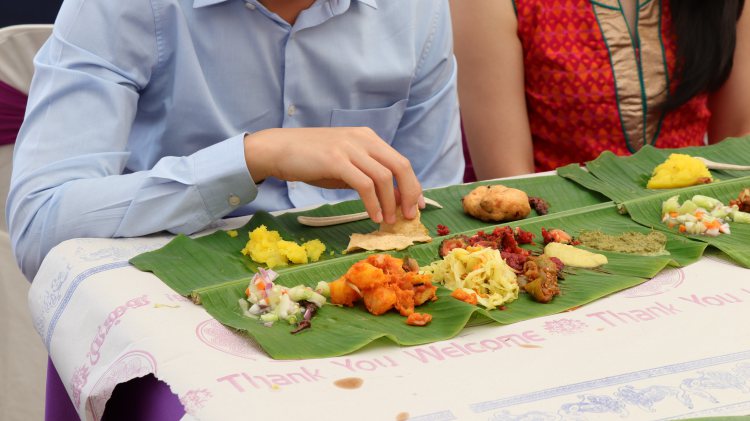
The dishes are prepared by a professional cook, assisted by the young trainees. As a social enterprise wholly reliant on food, Kuhan said it is crucial to maintain the taste and quality of their offerings. That has been a key priority from the start. The other priority is, of course, their social mission. This is so important that they have even been willing to sacrifice profits to keep true to their mission.
Kuhan recalled how they once took a hefty loss on a large corporate order after the customer complained about a chicken head included in a rice packet. To their youths, no food is ever wasted, not even a chicken head. But to the customer, it appeared to be poor-quality food. Masala Wheels offered a large discount to the customer and retrained the staff, at a heavy cost.
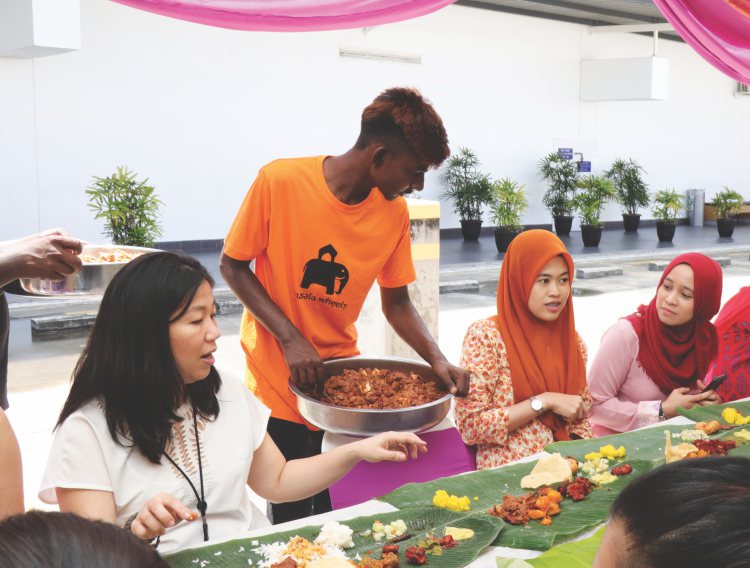
To date, more than 50 youths have undergone training. Some are still with them. Their very first beneficiary – the friend of Kuhan’s brother – is now the chief executive officer. S. Ravin oversees Masala Wheels’ four revenue streams – the café, the food truck that is used for corporate events, food delivery and catering. A troubled young woman who joined them at 18, speaking barely a word of English, is now the operations manager. She has come so far that she’s even able to make funding pitches – in English.
Masala Wheels is now looking to expand with the help of digital technology, after a 20 percent stake was acquired by technology firm KCOM Group, whose chief executive has a personal interest in social enterprises and community work. Kuhan is delighted with the acquisition as it proves that social enterprises can be commercially viable and scalable. It is possible to put people first and still be a profitable business.
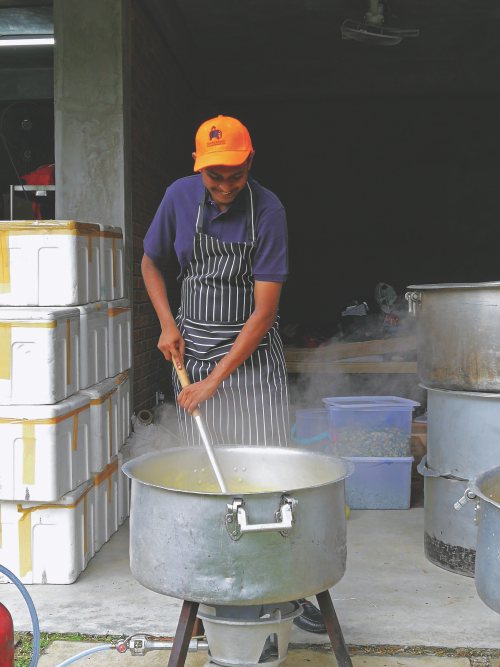
With this partner that comes with technological expertise, Masala Wheels is exploring new avenues of growth that will enable it to make a greater impact among youths at risk and to extend its reach to other marginalised groups.
It is looking to automate part of its kitchen, allowing it to expand even with trainee staff who often take fairly long to get up to mark. A more efficient central kitchen will also help it to expand its food delivery.
It won’t be easy; it is never easy working with people from vulnerable backgrounds. To keep going, Kuhan reminds himself of their many success stories, such as the personal growth of their CEO and Operations Manager.
Sometimes, the wins are smaller but no less satisfying. He still laughs at the memory of an irate customer who complained about a server’s remark that the customer was getting fat as he ate too much. The server had to be retrained, and today, he handles marketing for Masala Wheels.
Some trainees have managed to find other jobs, and a few have gained the discipline needed to enter vocational training. But some have dropped out and vanished from sight. Kuhan still remembers an incident where the cook discovered a stainless steel pot with a deep hole in it. A CCTV check found that one of the boys had stabbed the pot with a knife. The boy later told them that the knife was meant for “the founder’s head” as he was angry at being reprimanded.
Their successes are often tempered with setbacks. But the successes keep them going. “The beauty is in the impact Masala Wheels has on people,” said Kuhan. “Profit is just a way for us to remain sustainable and to continue making a difference.”






